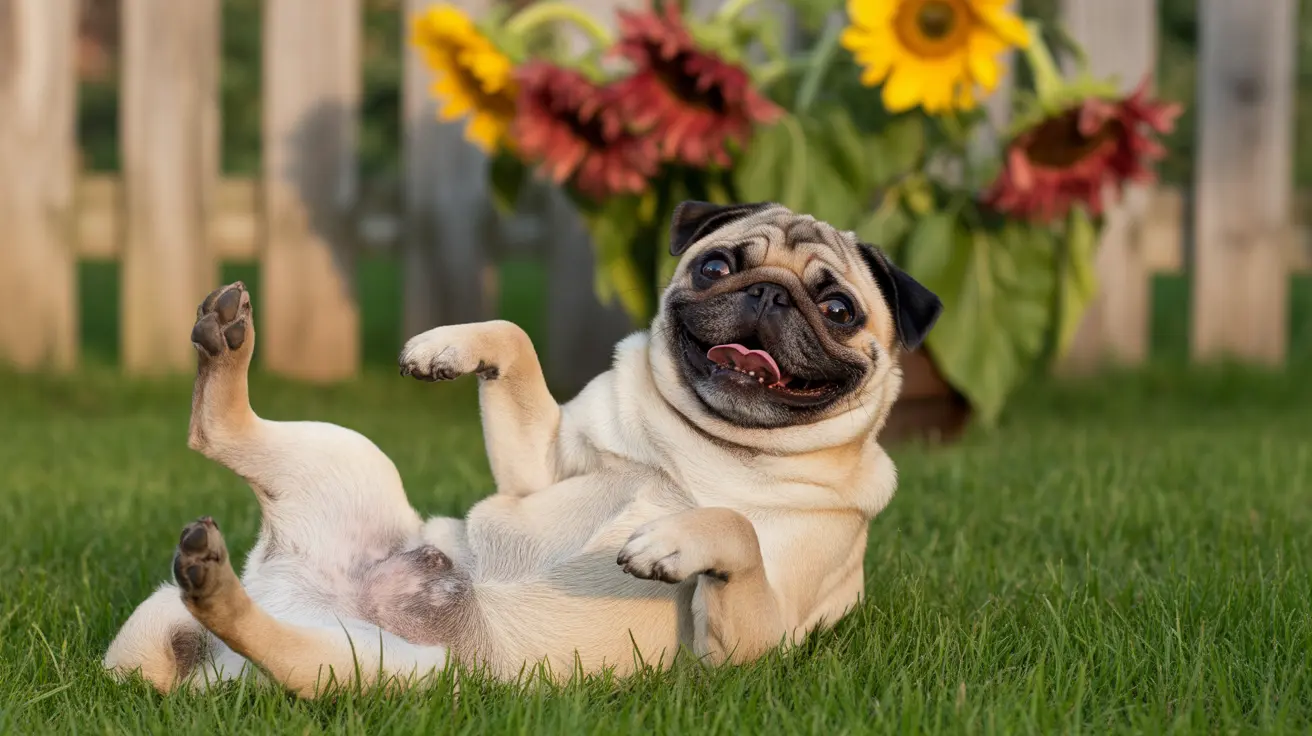The word "dog" has evolved far beyond its traditional meaning as a four-legged companion. In modern language, dog slang encompasses everything from affectionate pet terminology to colorful expressions describing people and situations. Let's explore the fascinating world of canine-inspired vocabulary and how it's shaped our everyday communication.
Traditional vs. Modern Dog Slang
While "dog" traditionally refers to our beloved canine companions, its slang usage has developed multiple layers of meaning. In contemporary language, these expressions range from endearing pet nicknames to complex social descriptors, reflecting our deep connection with these animals and their influence on human culture.
Positive Dog Slang in Modern Culture
The evolution of positive dog slang reveals our society's affection for canines. "Doggo," a term that gained popularity through internet culture, represents more than just a cute way to say dog—it embodies the wholesome, friendly nature we associate with our furry friends.
Many people use "dog" as a term of endearment among friends, similar to "buddy" or "pal." This usage demonstrates how the loyal and friendly characteristics of dogs have influenced our interpersonal communications.
Internet Pet Culture and New Slang Terms
Social media has spawned a whole new vocabulary of dog-related slang. Terms like "pupper," "floof," and "bork" have become part of a specialized internet language that celebrates the adorable and playful nature of dogs. This digital dialect has created a unique community of pet lovers who share their experiences through these creative expressions.
Negative Usage and Cautionary Terms
Not all dog slang carries positive connotations. In some contexts, "dog" can express disapproval or criticism. Understanding these negative uses is important for grasping the full spectrum of the term's meaning in modern communication. However, these uses are generally becoming less common as society moves toward more positive and respectful language.
Verbal Applications and Common Phrases
When used as a verb, "to dog" someone has specific implications in modern slang. This usage typically describes persistent following or harassment, drawing from the hunting instincts of actual dogs. The phrase has evolved to include meanings like "to follow closely" or "to pursue relentlessly."
Frequently Asked Questions
What does the slang term "doggo" mean when referring to dogs?
"Doggo" is an affectionate, informal term for dogs that emerged from internet culture. It's typically used to describe dogs in a cute, endearing way and has become particularly popular in social media posts and memes.
How is the word "dog" used as a friendly slang term for people?
"Dog" can be used as a term of friendship and camaraderie, similar to "buddy" or "friend." For example, saying "What's up, dog?" is a casual, friendly greeting between acquaintances.
What are some common negative slang meanings of the word "dog"?
In negative contexts, "dog" can refer to someone untrustworthy or something of poor quality. It might also describe a person behaving badly or a situation that's particularly difficult or unpleasant.
How do pet owners use playful slang like "pupper," "floof," and "bork" to describe their dogs?
"Pupper" is used for puppies or small dogs, "floof" describes particularly fluffy dogs, and "bork" is a cute way of referring to a dog's bark. These terms are part of modern internet pet culture and are used affectionately by pet owners.
What does it mean to "dog" someone as a verb in slang language?
To "dog" someone as a verb typically means to follow them persistently or to harass them. It can also mean to speak badly about someone or to treat them poorly in a social context.






